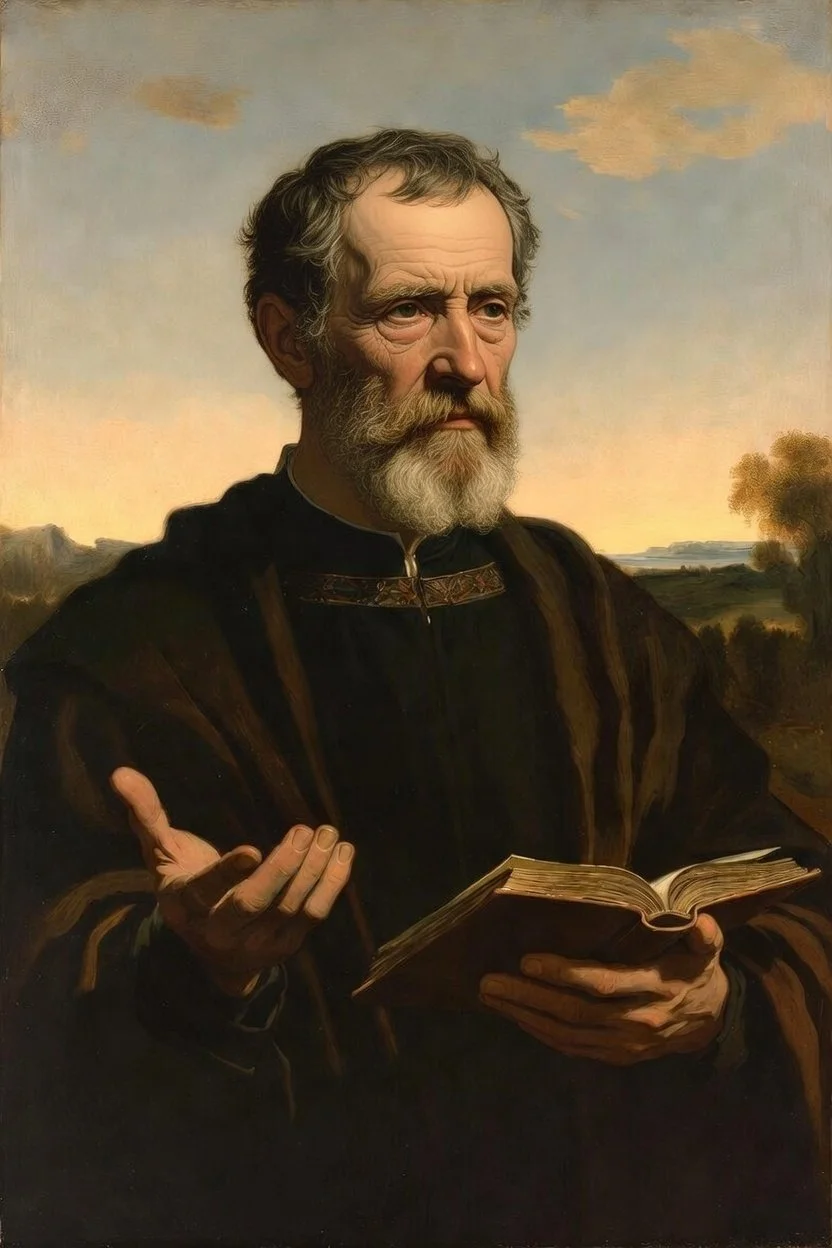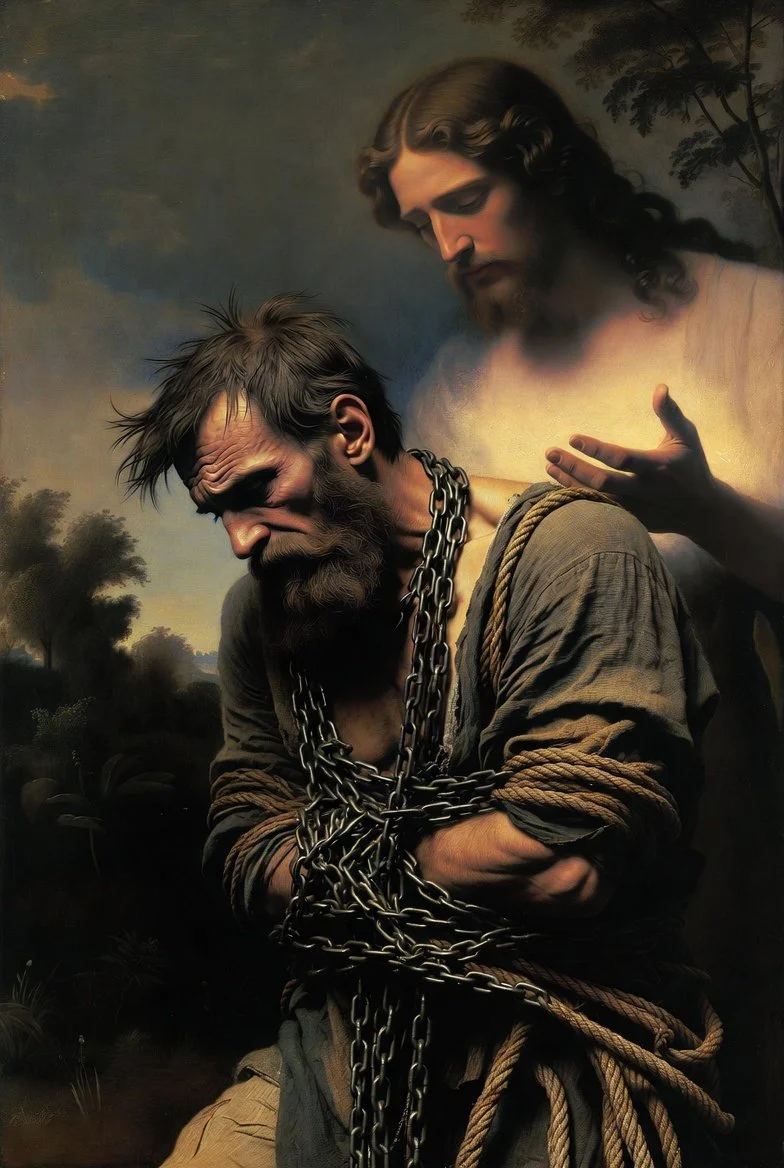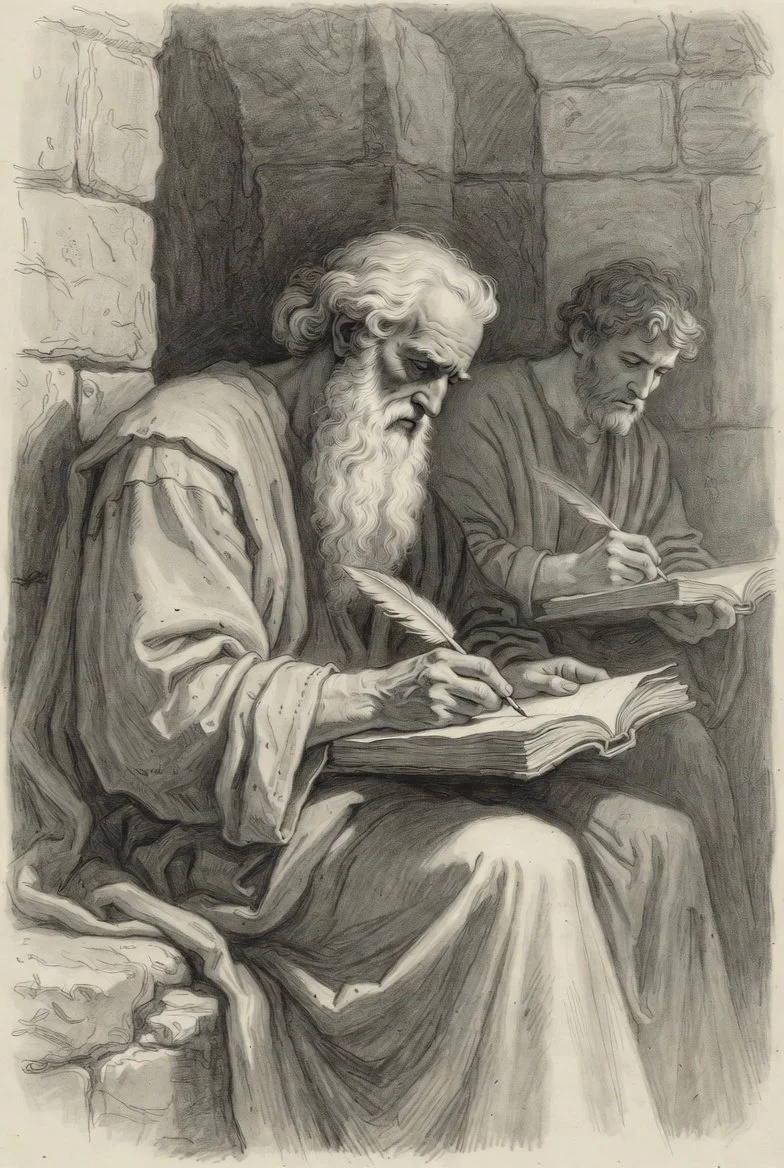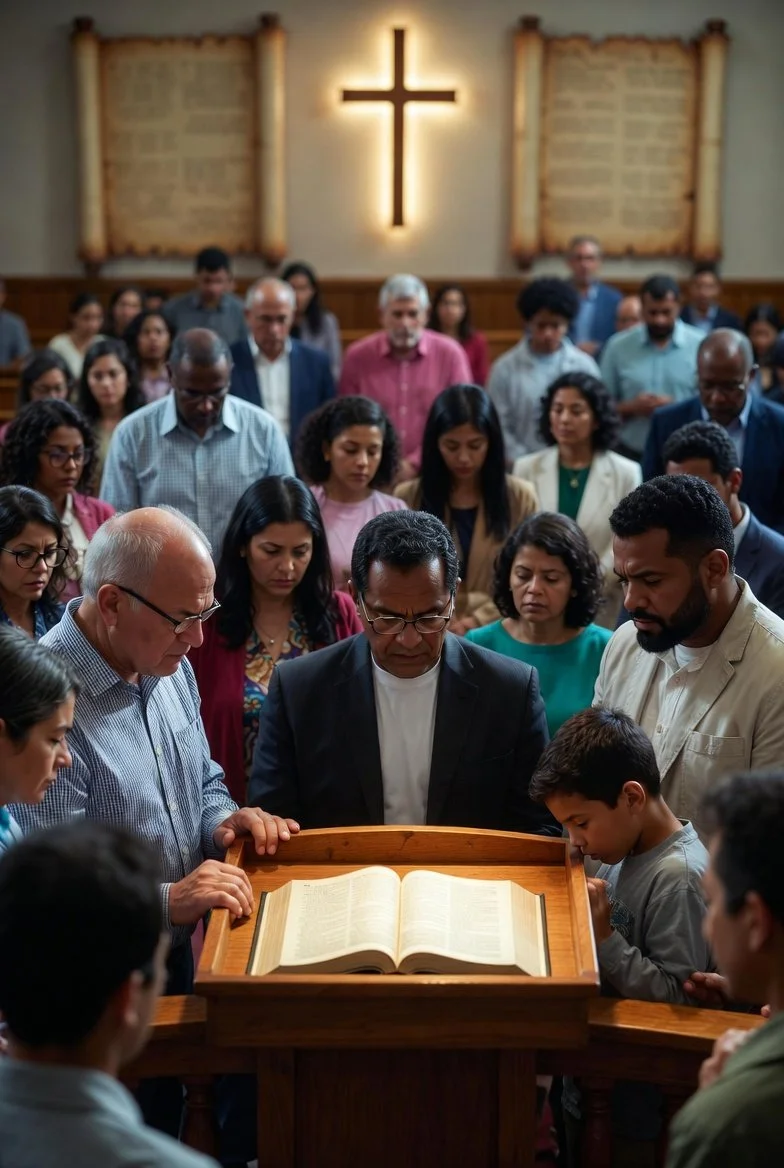Luke 15 Explained: The Hidden Layers of the Prodigal Son Parable
In Luke 15:11-32, the parable of the two lost sons isn't just a feel-good tale, it's a pointed response to real-life grumbling. Picture the scene: Pharisees and scribes muttering because Jesus shares meals with "sinners" and tax collectors (Luke 15:1-2). Right there, Jesus launches into three stories about lost things being found, with this one as the grand finale.
Habakkuk’s Tragedy: God’s Role When the Unimaginable Happens
Habakkuk’s Tragedy is highly recommended for anyone seeking a serious yet compassionate guide through suffering. In a crowded field of books on grief and faith, Snodgrass’s work stands out for its exegetical integrity, emotional honesty, and gospel-centered hope. It equips readers to lament faithfully, question deeply, and trust stubbornly, knowing that the God who entered our broken world in Christ is present in every tear and promises to make all things new (Rev. 21:5). Pastors will find it a rich resource for preaching and counseling; lay readers will discover a companion that honors both their pain and their faith. This is a book that does not erase sorrow but walks with the reader through it toward enduring hope.
When Tragedy Becomes the Teacher: James 1:1–8 and the Strange Joy of Suffering
James 1:1-8. Tragedy has a way of stripping life down to its foundations. It exposes what we trust, what we fear, and what we cling to when the world stops making sense. In those moments, the shallow comforts of sentimentality collapse under the weight of real sorrow. It is precisely here, in the raw and unguarded places of human experience, that James begins his letter.
Preaching Religion or Preaching the Gospel: Why the Order Matters
When we preach Christ first: His work, His righteousness, His victory, His resurrection, His Spirit, something miraculous happens. The listener is not crushed by the weight of expectation. They are lifted by the power of grace.
2 Timothy 4:1-8 Explained: How Suffering Refines Authentic Faith in Christ
This passage isn't mere advice; it's Paul's hard-won wisdom from suffering, echoing the Bible's lament tradition, showing how tragedy refines faith into something authentic and enduring. If your pain has left you questioning, keep reading to uncover principles from Paul's charge that reveal suffering's redemptive role, and the hope that anchors it.
When Tragedy Shatters Your Faith: Finding the Infinite God in Suffering
I thought I understood You, Lord. I had built a tidy picture in my mind, a God who moved in predictable ways, who answered prayers the way I expected, who shielded those who loved Him from the worst of the world.
Why Paul Always Begins With the Gospel Before He Ever Talks About Obedience
One of the most important patterns in Paul’s letters is also one of the most easily overlooked. It is the rhythm that shapes nearly everything he writes, from Romans to Galatians to Ephesians and even into the Pastoral Epistles. The pattern is simple but profound: Paul always begins with the gospel, then moves to the believer’s identity, and only after that does he speak about obedience.
Deuteronomy 28 Explained: Why Misreading It Fuels Moralism in Today’s Churches
In many churches today, Deuteronomy 28 is lifted out of this context and applied as a general principle governing individual lives. Obey God's commands (through prayer, tithing, sexual purity) and expect blessing. Falter, and hardship may follow as correction. This can manifest overtly in prosperity teaching, where faith is linked to financial or physical health. More commonly, it appears in subtler moralism: the Bible becomes a collection of guidelines for moral improvement, and faith a matter of willpower indebting God to reward our efforts.
Why Does God Allow Suffering? Finding Hope in His Sovereignty Over the Storm
As Christians, we love to talk about God's blessings, His provision, healing, and miracles. We celebrate when prayers are answered with a "yes," when life feels good and faith seems straightforward. But what happens when the storm hits? When cancer strikes, a loved one dies unexpectedly, a marriage crumbles, or tragedy strikes without warning? In those moments, many of us quietly wonder: Where is God? Does He even care?
Jesus Plus Something Else: Why Does the Old Galatian Error Feel So Familiar Today
The most dangerous threat to the gospel in the first-century church was not pagan immorality or obvious heresy. It was the sincere, Bible quoting insistence that Jesus was not enough, that grace must be supplemented by human obedience to a visible code.
Evil Is Real, and It Is Nothing
Evil Is Real, and It Is Nothing: A Biblical-Augustinian Fusion Against Humanistic Distortion
Scripture Does Not Speak Softly About Evil
The Bible never treats evil as illusion, metaphor, or mere perspective. From the opening chapters of Genesis, evil stands as a concrete, objective force that corrupts and destroys. “The Lord saw how great the wickedness of the human race had become on the earth, and that every inclination of the thoughts of the human heart was only evil all the time” (Genesis 6:5). This is not hyperbole; it is divine diagnosis.
The Allure of Privation
Human Goodness, Corruption, and the Prideful Quest for Divine Recognition
In an era dominated by psychological self-help and therapeutic culture, the privation theory of evil offers a profoundly appealing but flawed vision of humanity.
When “Just Be Better” Isn’t Enough
A Reflection on Evil, Privation, and the Cry of the Cross
Jesus’ words from the cross cut through every tidy explanation of suffering. They are not the complaint of a man who made poor choices. They are the anguished cry of the sinless Son of God, nailed to wood by the collective evil of humanity, abandoned in a way none of us will ever fully grasp.
Job 38 and Pastoral Counseling
When Privation Meets Pain: Rethinking Evil Through the Voice from the Whirlwind
When Job finally hears from God, it is not the answer he expected. After chapters of lament, accusation, and theological debate, God speaks—not with a tidy explanation, but with a whirlwind. In Job 38, the Lord answers Job out of the storm, asking, “Where were you when I laid the foundation of the earth?” This divine response is not evasive; it is expansive.
Functional Atheism
Remedy lies not in technique but surrender, praying within divine will, rejoicing amid unraveling, trusting unseen hands. From lip-service to lived faith, panic to peace, idolatry to adoration. Release clutched details; the galaxy-Creator governs faithfully.
The Mirage We Chase
Control ranks among the most seductive illusions of modern existence. We plan with precision, forecast results, and safeguard priorities. Systems emerge—apps, calendars, budgets, fitness trackers—objectives crystallize, and outcomes fall under scrutiny.
Panic and Psalm 55
Psalm 55 is David’s panic attack as he struggles to comprehend an unfolding tragedy. Wrestling with God and seeking refuge from the swirling turmoil, David helps us honestly address feelings of panic.
Jesus Explains The Existence of Good and Evil
Matthew 13:24-30 The Wheat and the Weeds. Jesus tells a parable about how good coexists with evil and describes His plan for resolution.
How Far Will God Go To Show How Much He Cares?
If Amos 9 were an online video it would be preceded by a warning that said the content contains images some may find difficult, viewer discretion is advised. But what Amos 9 displays is there is no height, depth or distance the Lion of Zion will not go, no scenario He will not orchestrate, and no violence He will not take to demonstrate His love and eliminate the barrier between Himself and His people. And not one will be lost.




















